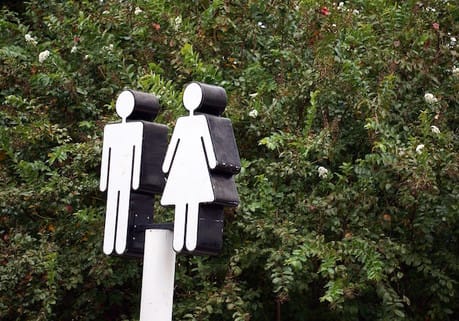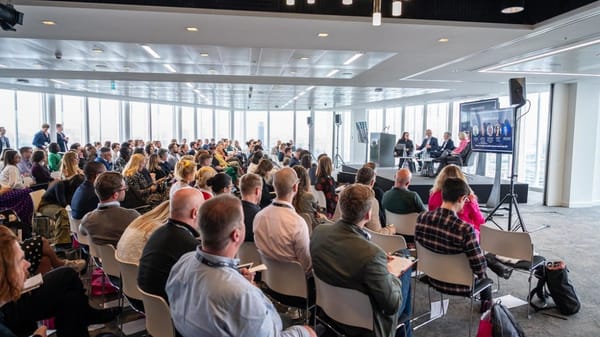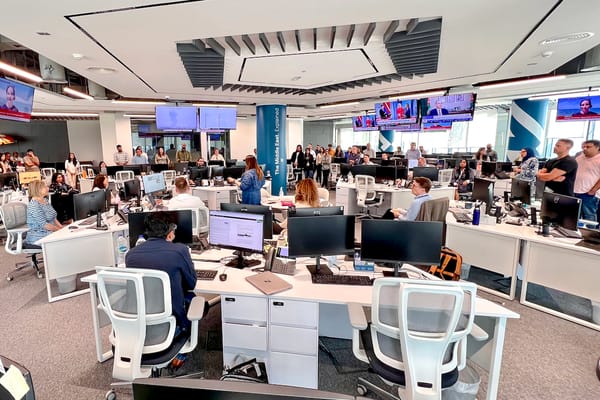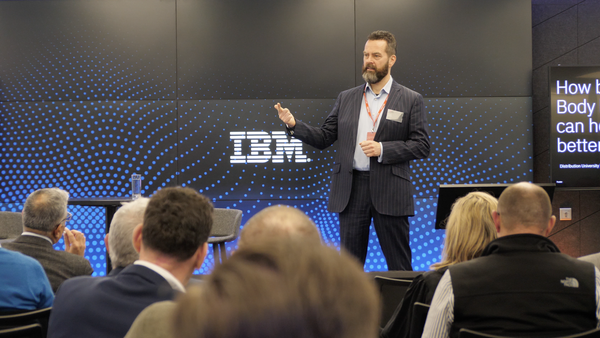This article was migrated from an old version of our website in 2025. As a result, it might have some low-quality images or non-functioning links - if there's any issues you'd like to see fixed, get in touch with us at info@journalism.co.uk.
Journalism as a career and an industry is challenging, fast-paced and constantly changing, so it is likely that the thought of "I am so lucky to have this job" already has crossed, or will cross our minds at some point.
But this industry has also long been struggling with equal and fair gender representation and diversity, both off and on-screen, and while news organisations are making efforts to address this issue, we still have some way to go.
"Let's face it – the reality is, as journalists, we don't expect things to come to us," Kathryn Stanczyszyn, political reporter for BBC 5 Live, told Journalism.co.uk in a recent podcast.
"We're all in our careers because we want to be the best at it, and I think all of us would hate the idea that we were given something specifically because we're female.
"An important thing to factor in is that it's about being pushy for what you want and I think that's the same whether you're male or female."
Stanczyszyn was recently part of a panel at City University London's Women on Air event, alongside Minnie Stephenson, reporter for Channel 5 News; Fatima Manji, correspondent, Channel 4 News; Cordelia Lynch, Washington correspondent for Sky News, and Penny Marshall, social affairs editor for ITV News, who moderated the discussion. They talked about how their roles and the industry had changed since two years ago, when they were just entering the profession.
"Whether it's pushing back on a story or walking in and saying 'I want to be on that story', I think [confidence] is what's changed on an individual level," Manji said.
Stanczyszyn agreed, saying working for the BBC has encouraged her to put herself out there, and she is now confident enough to ask to be assigned certain stories and report on news bulletins broadcast across the country, regardless of where is based or that she did not have much experience in TV when starting out two years ago.
"I'm based in the Midlands but I do regular TV bulletins – one o'clock, six o'clock, ten o'clock, BBC Breakfast...
"It's the confidence to go 'yeah I can do that' and 'actually, I'd probably be better than that man you've potentially got, who does it regularly. Not all the time, but sometimes."
Both Stanczyszyn and Manji agreed female journalists bring something different to the news agenda, in the way they cover stories or the topics they choose, but Manji also warned we should be careful about generalising, as it might end up working in our detriment.
Saying women correspondents or reporters are more compassionate in their coverage, for example, can impact what they cover and how.
"For instance, I don't have children and yet I do stories on childcare, which is incredibly important to society, to families.
"And why would people think it was odd for a male corespondent who actually has children and deals with childcare every day to cover it, yet it's ok for me to do it, when I'm probably actually less qualified in that area?
"I think there's a bit of a danger when we talk about women bringing something different to the table, so we need to be careful with that language."
Manji also highlighted the importance for women journalists to have mentors and support each other, especially encouraging young females just entering the industry.
"It's incredibly important for us to support each other and I don't mean in a happy-clappy way, but in a quite aggressive way.
"You need to be able to tell women younger than yourself 'that was great and you were brilliant at it and you need to remember that'.
"We sometimes forget to do that and I think it makes a massive difference."
Listen to the full podcast with Stanczyszyn and Manji below.
There used to be something here that couldn't be migrated - please contact us at info@journalism.co.uk if you'd like to see this updated!





